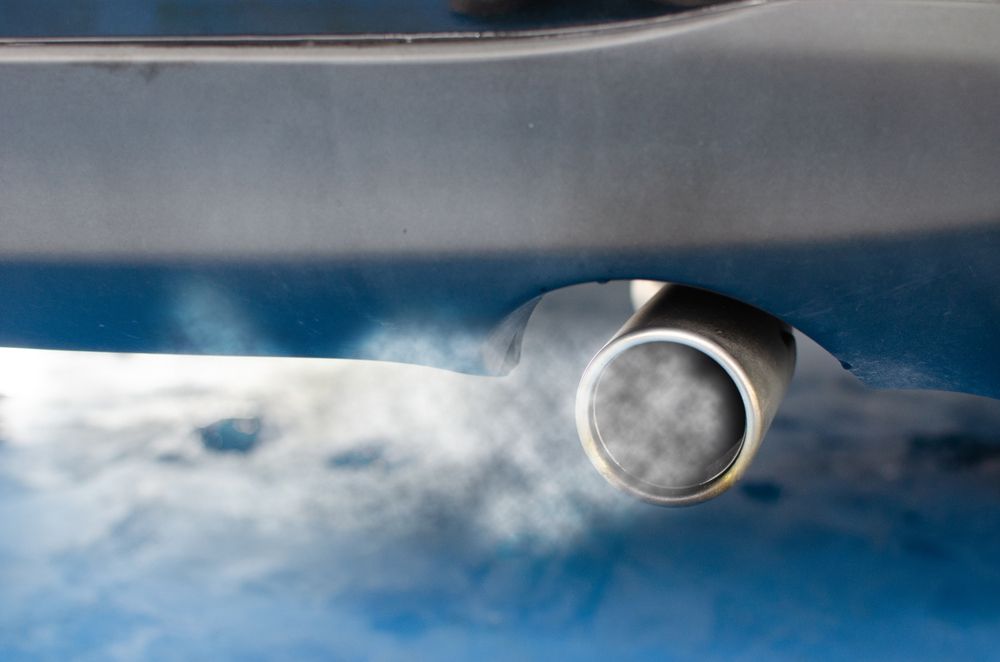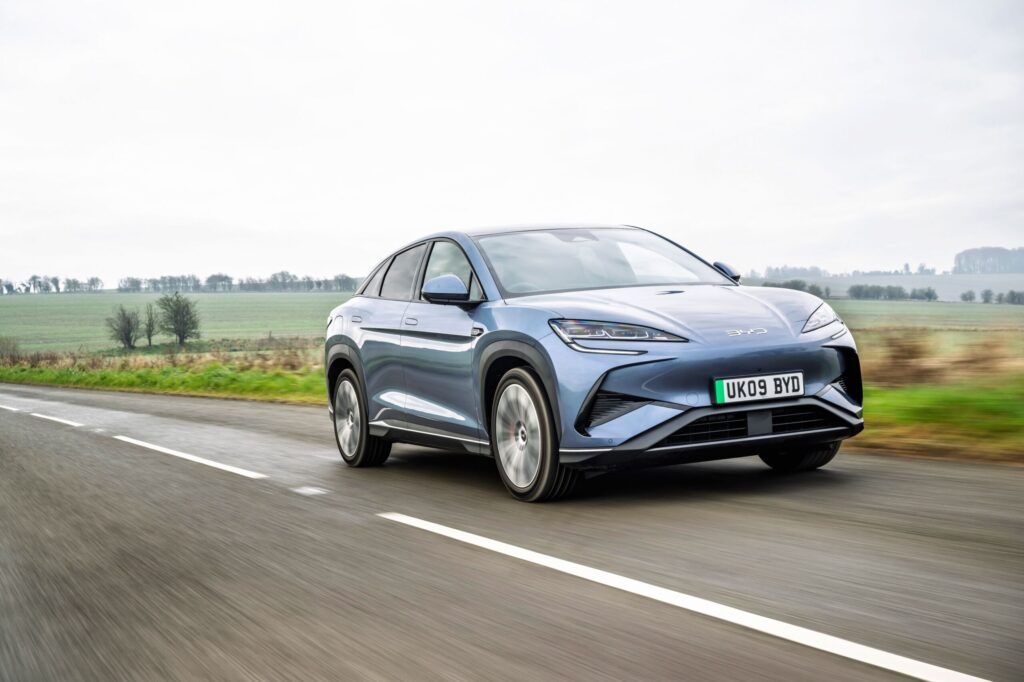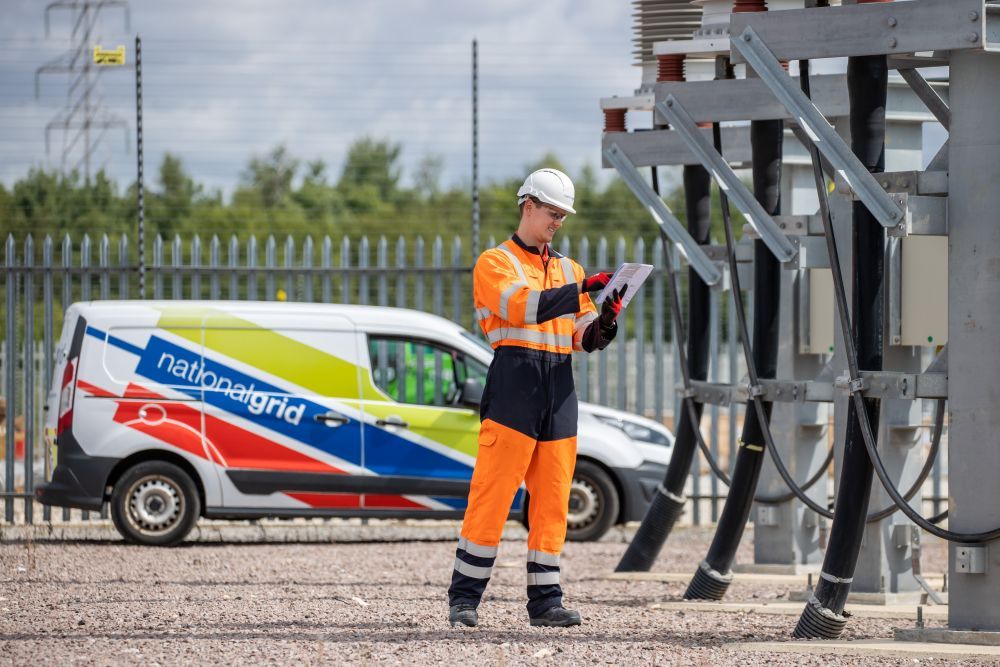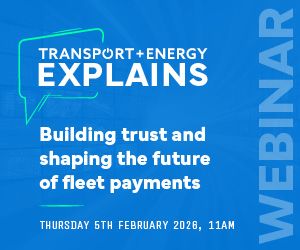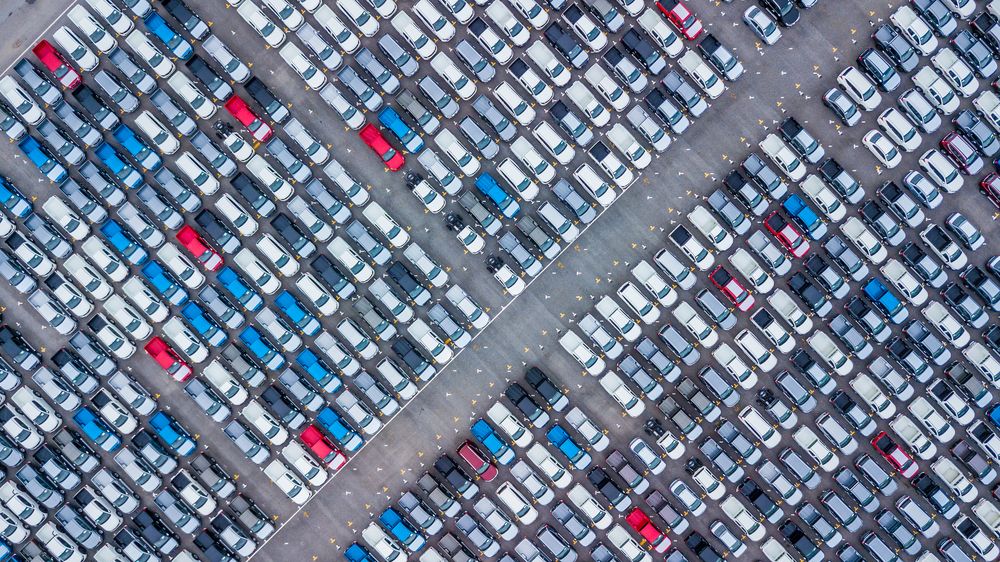New research by Northgate Vehicle Hire has revealed that if all commercial vans became electric in the UK, the nation would save 3.4 million tonnes of CO2.
The news comes after calculating the difference between the 10.3 million tonnes of CO2 from commercial vans at present compared to the 50g of CO2 per mile from electric vans.
The carbon impact of diesel vans is four times higher than the annual CO2 emissions produced by plastic production in the UK in 2020, which is 2.4 million tonnes.
In terms of where the most CO2 from vans is seen, southeast England is the highest contributor, with more than 1.3 million tonnes each year, which is 80% higher than the regional average of 734,565 tonnes.
The east of England is second producing a total of 9.9 thousand tonnes of CO2 each year, and also in the top five are the West Midlands (930,391 tonnes), South West England (870,150 tonnes) and the East Midlands (799,564 tonnes).
Northgate has offered three key steps to make the switch to electric, including ensuring firms review their fleets for suitable electric vehicle alternatives, deciding how they charge electric vehicles, and also developing a strategy to ensure a smooth-roll out.
Image courtesy of Shutterstock



